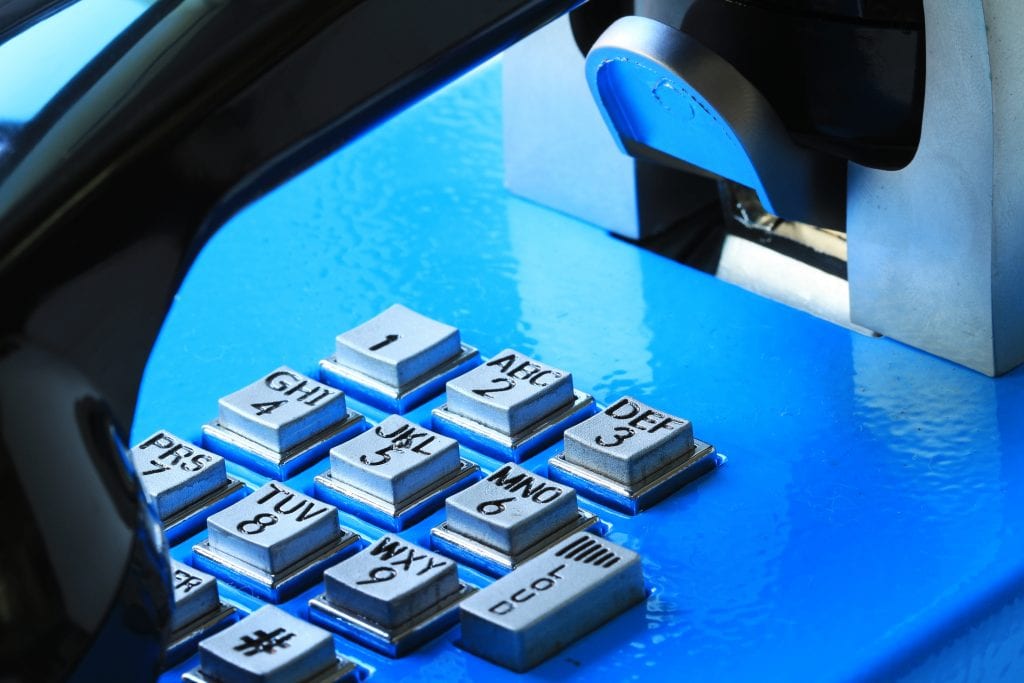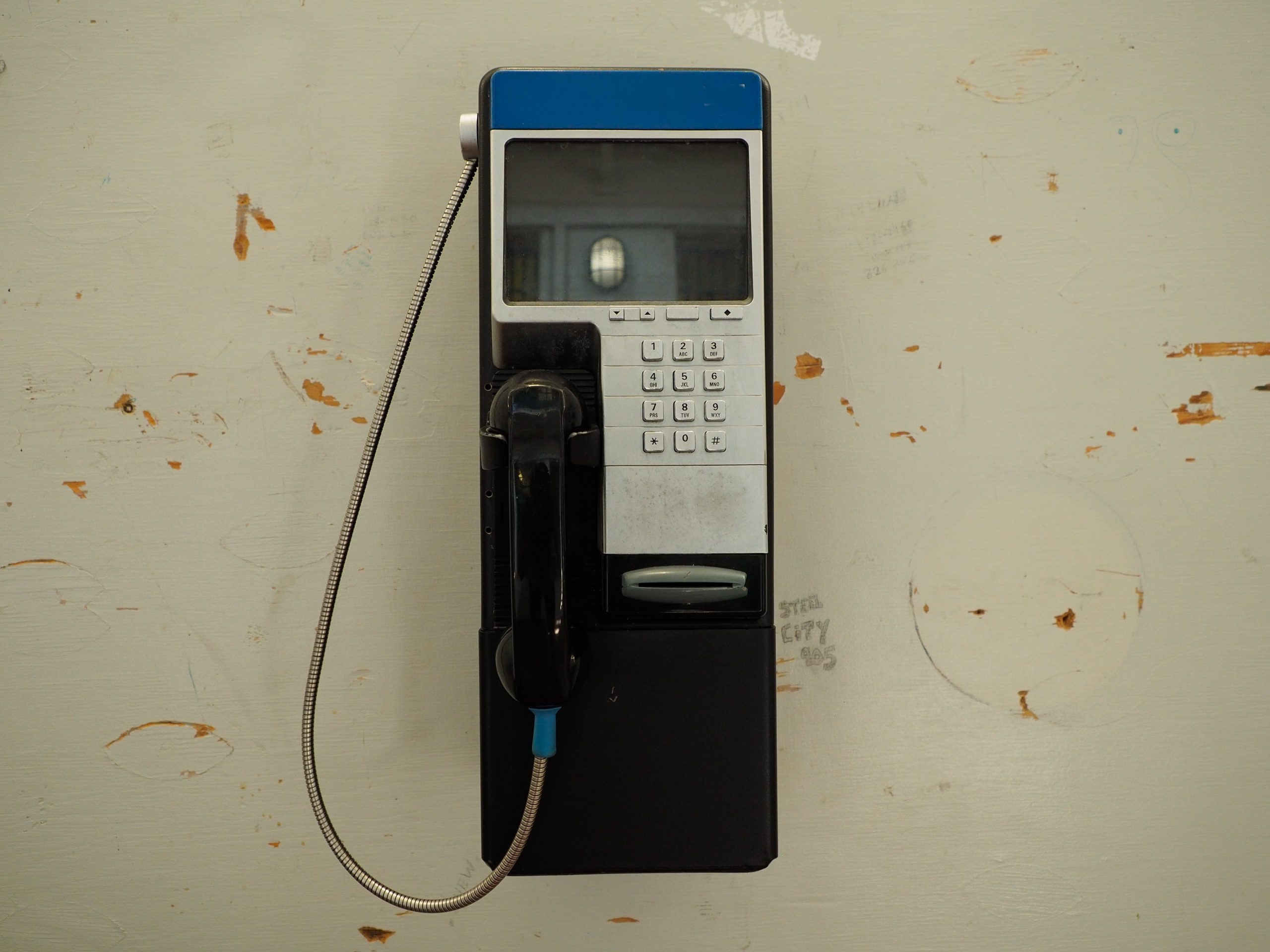Yes. Phone calls in prison may feel private, but they’re not. And the prosecutor can use anything you say during a call against you.
When the police arrest someone, they read them their “Miranda” rights. You might recognize the first part of those rights: “You have the right to remain silent. Anything you say can and will be used against you in a court of law.”
You have that same right when it comes to prison phone calls, too. You can remain silent. But if you don’t, anything you say can and will be used against you in court. And that’s true whether you say it to prison officials, peers, or even loved ones on the phone.
How do officials listen to prison phone calls?
The Federal Bureau of Prisons encourages everyone to “stay in touch” with loved ones in prison. “Studies show that when inmates maintain relationships with friends and family, it greatly reduces the risk they will” commit crimes after release, the BOP says. They are correct. Research shows that staying in touch with loved ones in prison helps.
But the BOP’s website is less open about how they’re monitoring everything you do. One of the ways they do this is by recording and listening to your prison phone calls.
Prisons record every prisoner phone call. Then prison officials or prosecutors listen to these phone calls. If you confess to a crime or threaten someone, they find out. And then they can use that against you in court.
Prisons usually include a warning that they’re recording at the beginning of phone calls. You might also hear a “click” at the beginning of the call. That usually means someone is monitoring the call. But, even if they’re not monitoring, they’re recording. Prisons also warn people in prison that they’re recording in manuals, with signs and more. Prosecutors then use these warnings to claim that you knew they were recording.
Why do officials listen to prison phone calls?

Prison officials listen to calls. They also read mail, inspect packages and search cells. They do this for security reasons. Is someone planning an escape? Are they arranging a drug delivery? This is how the prison finds out.
Courts around the country have approved phone-call monitoring. This is because prisons need to ensure security. And it’s also because people have a lower expectation of privacy in prison than they do out of prison.
Are there prison phone calls the government can’t use?
Prison officials are not supposed to listen to calls with your lawyer. But, even if they do, courts should stop them from using the call in court. But this doesn’t mean that they won’t record them. In 2020, officials in Maine recorded more than 800 attorney-client calls. Legal advice from your friends doesn’t count either.
The Takeaway:
When you make a phone call, you should assume someone is listening and recording. And you need to know that these phone calls can show up in court down the road.






